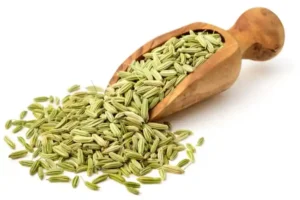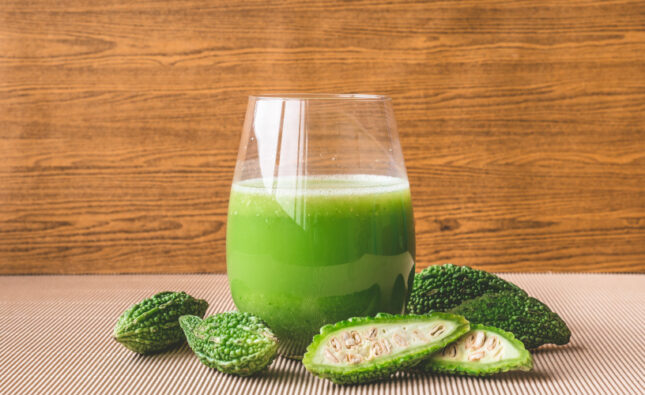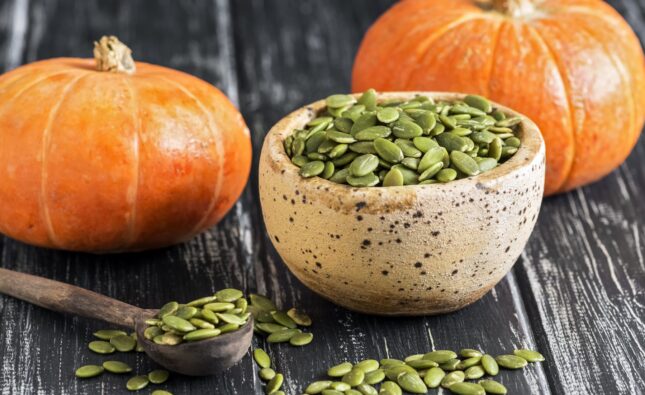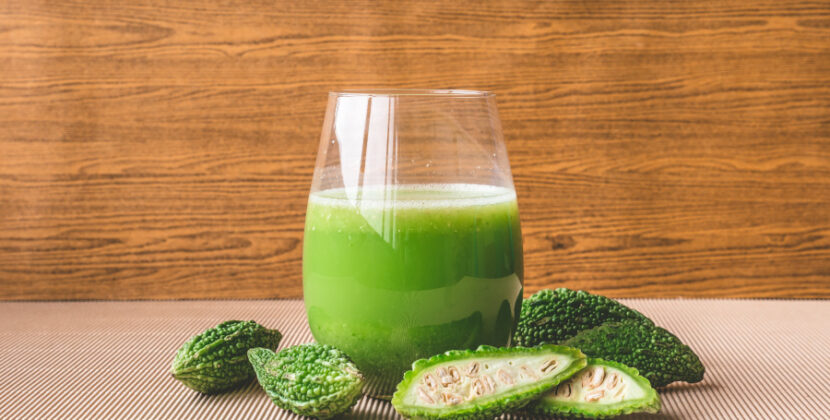Fennel seeds (Shop) Health Benefits & Its Nutrients Value
Fennel seeds (Shop) scientifically known as Foeniculum vulgare, are the dried seeds of the fennel plant. Fennel is a flowering plant native to the Mediterranean region but is now cultivated worldwide for its culinary and medicinal uses. Fennel seeds are small, oval-shaped, and greenish-brown in color.
Fennel seeds have a distinct sweet and aromatic flavor with hints of licorice. They are widely used as a spice in various cuisines, especially in Indian, Middle Eastern, and Mediterranean cooking. Fennel seeds are often added to dishes for their flavor and to aid digestion.
Apart from their culinary uses, fennel seeds have been used for their medicinal properties for centuries. They are believed to have digestive, carminative (relieving gas), and anti-inflammatory properties. Fennel seeds contain volatile oils, including anethole, which gives them their characteristic taste and aroma.
In traditional medicine, fennel seeds have been used to alleviate digestive issues such as indigestion, bloating, and flatulence. They are also known for their potential to support lactation in nursing mothers, relieve menstrual symptoms, and promote oral health.
Fennel seeds can be used in various forms, including whole seeds, powdered form, or as an ingredient in teas, herbal remedies, and spice blends. They are commonly used to flavor bread, desserts, sausages, and pickles.
Digestive Health:
Fennel seeds are known for their digestive properties. They contain volatile oils that help stimulate the production of digestive enzymes, promoting healthy digestion, and relieving indigestion, bloating, and flatulence. Fennel seeds also possess carminative properties that can help alleviate gastrointestinal spasms and discomfort.
1. Anti-inflammatory Effects:
Fennel seeds have anti-inflammatory properties attributed to their flavonoids and other compounds. These properties may help reduce inflammation in the body, potentially benefiting conditions such as arthritis and inflammatory bowel disease.
2. Antioxidant Activity:
Fennel seeds are rich in antioxidants, including flavonoids and phenolic compounds. These antioxidants help protect cells from oxidative damage caused by harmful free radicals, potentially reducing the risk of chronic diseases and supporting overall health.
3. Oral Health:
Chewing on fennel seeds or using fennel seed tea as a mouthwash can help freshen breath and support oral health. Fennel seeds’ antimicrobial properties may help combat oral bacteria and reduce the risk of gum disease and bad breath.
4. Menstrual Health:
Fennel seeds are traditionally used to alleviate menstrual symptoms. They possess phytoestrogenic properties that may help regulate hormonal balance and reduce menstrual cramps, bloating, and discomfort.
5. Respiratory Health:
Fennel seeds have expectorant properties that can help relieve respiratory conditions such as coughs and congestion. They can help soothe the throat, promote mucus secretion, and facilitate the expulsion of phlegm.
6. Weight Management:
Fennel seeds are low in calories and rich in dietary fiber, which can help promote satiety and support weight management goals. They can be included as a part of a balanced diet to aid in portion control and curb cravings. It’s important to note that while fennel seeds offer potential health benefits, individual results may vary. Fennel seeds are generally safe for consumption in moderate amounts, but excessive intake may lead to adverse effects in some individuals. If you have specific health conditions or concerns, it’s always advisable to consult with a healthcare professional before incorporating fennel seeds or any other herbal remedies into your routine.

How to consume Fennel seeds
Fennel seeds can be consumed in various ways to incorporate them into your diet. Here are some common methods:
1. Chew Them Whole:
Fennel seeds can be chewed as they are after meals to freshen breath and aid digestion. They have a pleasant, slightly sweet flavor with a hint of licorice. Chewing on a teaspoon of fennel seeds can help relieve bloating and ease indigestion.
2. Brew Fennel Seed Tea:
Fennel seed tea is a popular herbal infusion that can be made by steeping crushed or whole fennel seeds in hot water. To prepare fennel seed tea, add 1 to 2 teaspoons of fennel seeds to a cup of boiling water, cover, and let it steep for 5 to 10 minutes. Strain the seeds and enjoy the aromatic tea. Fennel seed tea is known for its digestive properties and can be consumed before or after meals.
3. Use in Cooking:
Fennel seeds are a common spice used in cooking, particularly in Indian, Middle Eastern, and Mediterranean cuisines. They add a distinct flavor to dishes and are often included in curries, spice blends, pickles, bread, and desserts. You can crush or grind fennel seeds and use them as a seasoning in your recipes.
4. Include in Baking:
Fennel seeds can be incorporated into baked goods for added flavor and texture. You can add crushed or ground fennel seeds to bread, biscuits, cookies, or cakes to infuse them with a hint of licorice-like taste.
5. Spice Blends:
Fennel seeds are a common ingredient in spice blends such as garam masala, curry powder, and Chinese five-spice powder. You can make your own spice blends by combining fennel seeds with other herbs and spices according to your taste preferences.
Nutrient value of Fennel seeds
Fennel seeds are not only flavorful but also packed with various nutrients. Here is the approximate nutrient profile for one tablespoon (6 grams) of fennel seeds:
Calories: 20
Total Fat: 1 gram
- Saturated Fat: 0 grams
- Trans Fat: 0 grams
- Cholesterol: 0 milligrams
- Sodium: 0 milligrams
- Carbohydrates: 3 grams
- Dietary Fiber: 2 grams
- Sugars: 0 grams
- Protein: 1 gram
- Vitamin C: 1.6 milligrams
- Calcium: 37 milligrams
- Iron: 0.64 milligrams
- Magnesium: 7 milligrams
- Potassium: 48 milligrams

Fennel seeds are relatively low in calories and fat while providing a good amount of dietary fiber. They also contain various vitamins and minerals in smaller amounts, including vitamin C, calcium, iron, magnesium, and potassium. Additionally, fennel seeds contain volatile oils, including anethole, which is responsible for their distinct flavor and aroma. These oils also contribute to the potential health benefits associated with fennel seeds, such as aiding digestion and providing antioxidant properties.






